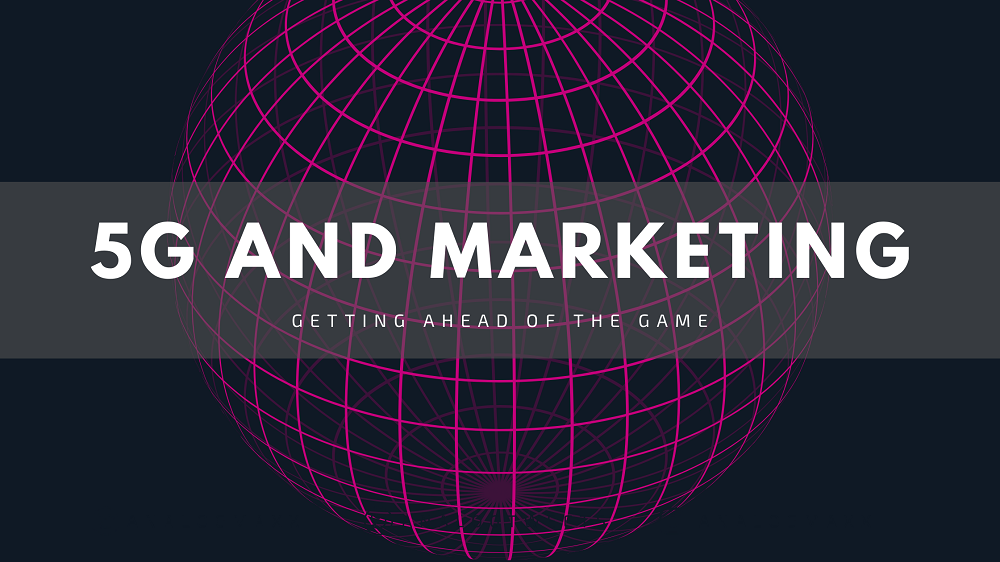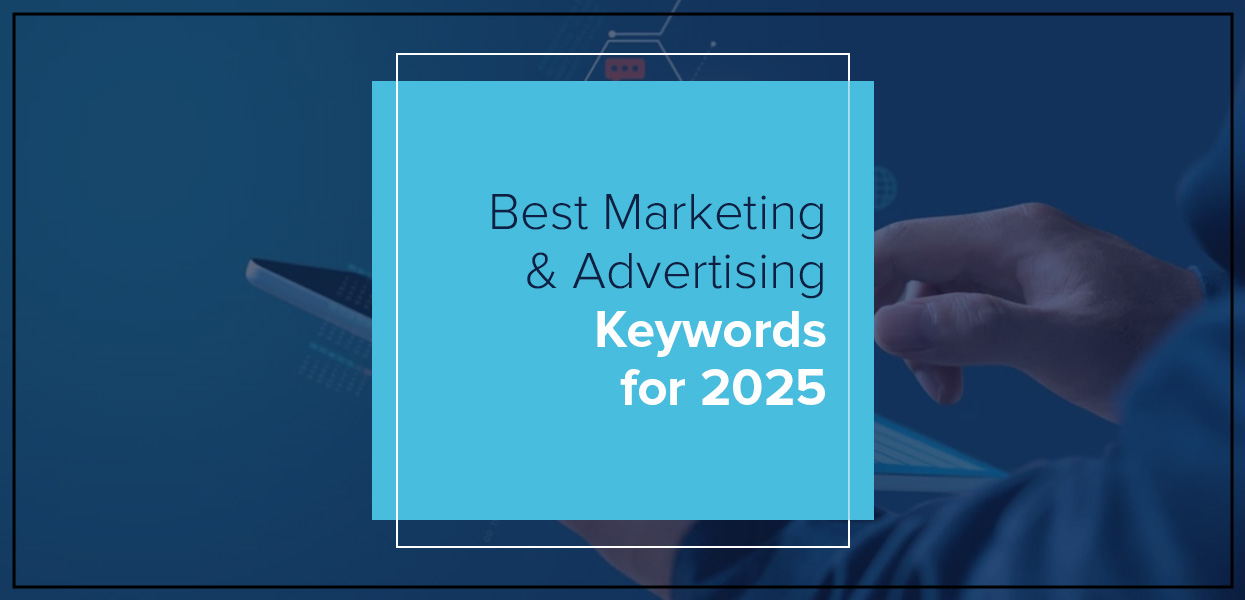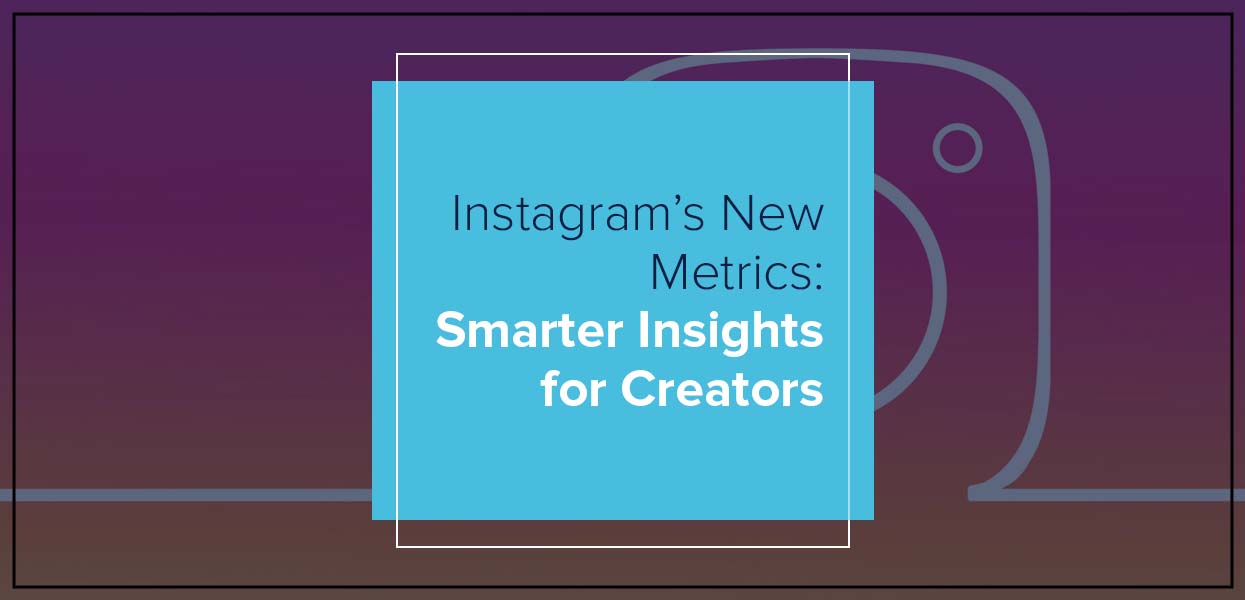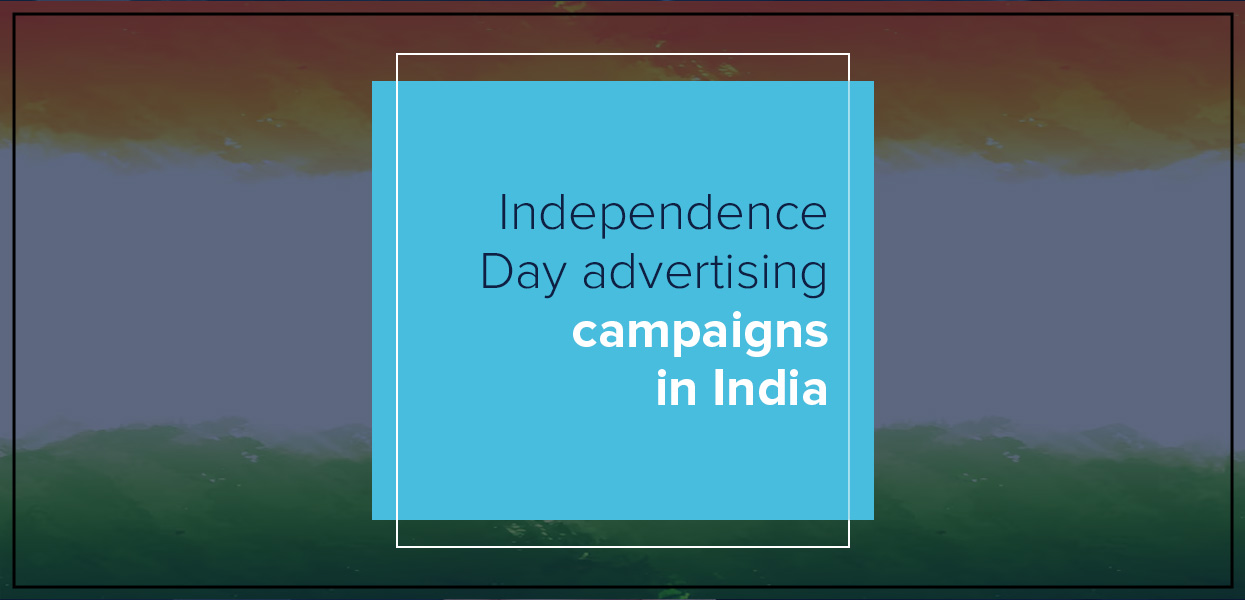How 5G Will Impact Digital Marketing Industry?

5G is no longer just a buzzword—it’s the fuel powering the next phase of the digital economy. Known as the fifth-generation technology standard for cellular networks, 5G is up to 100 times faster than 4G, with lower latency, massive bandwidth, and ultra-reliable connectivity. But beyond fast downloads and seamless video calls, 5G is transforming how digital marketing works—from strategy and content creation to targeting and performance optimization.
Countries like the USA, China, and South Korea have already rolled out nationwide 5G coverage, giving businesses an edge in terms of access to real-time consumer behavior, hyper-personalized campaigns, and immersive brand experiences. For marketers and agencies worldwide, including those still catching up to deployment, the question is no longer if 5G will impact digital marketing—but how fast and how deeply.
Let’s explore the key ways 5G is revolutionizing the digital marketing industry.
1. Faster Load Times = Better User Experience
5G virtually eliminates one of the biggest bottlenecks in digital campaigns: slow load times. In a world where a 1-second delay in mobile load time can impact conversions by up to 20%, faster mobile access directly improves website bounce rates, session duration, and conversion rates.
This is a game-changer for performance marketers:
Landing pages load instantly, improving ad quality scores.
Mobile-first experiences become more engaging and frictionless.
E-commerce checkouts see reduced drop-offs.
It also opens the door to richer mobile content like HD video, AR try-ons, and interactive product demos—all delivered in real-time.
2. Rise of AR/VR in Marketing Campaigns
5G makes Augmented Reality (AR) and Virtual Reality (VR) not just possible, but scalable. With its low latency and ultra-fast speed, marketers can now deliver immersive brand experiences that were previously limited by tech infrastructure.
Examples:
Retail brands can create AR try-on experiences without lag.
Real estate and automotive companies can offer 360° virtual walkthroughs via mobile.
Event organizers can host VR-powered virtual expos and product launches.
These are no longer gimmicks—they’re conversion tools. With 5G, interactive storytelling becomes a core part of digital marketing strategy.
3. Hyper-Personalization in Real Time
5G enables marketers to collect, analyze, and act on data in real-time. Paired with AI and automation, this allows for hyper-personalized content delivery on the fly, based on:
Location
Behavior
Past purchases
App activity
Voice searches
For example, a restaurant app could push personalized meal offers as a user walks past it—without delays. Dynamic content optimization (DCO) will flourish in the 5G era, where every ad impression can be uniquely tailored.
4. Enhanced Video Marketing
Video was already the dominant content format. With 5G, it becomes unlimited in scope. From 8K resolution to live interactive streaming, brands can now create cinematic, engaging videos without worrying about buffering or mobile data limits.
Impact:
More brands adopting video-first strategies
Live shopping gains popularity (think Instagram Live + instant buy)
B2B webinars and product demos become more dynamic and professional
User-generated video content explodes in both volume and reach
Marketers should prepare for 5G-native video formats optimized for immersive, full-screen experiences.
5. Internet of Things (IoT) + Marketing
5G is the foundation of the Internet of Things—a world where your fridge, watch, car, and sneakers can all be online. For marketers, this means new touchpoints and data sources to tap into.
Examples:
Fitness brands can deliver health tips via smartwatches.
FMCG companies can push reminders or recipes based on smart kitchen data.
Automotive companies can promote services through in-vehicle infotainment systems.
The blend of IoT + 5G + AI will lead to ultra-contextual, predictive marketing that goes way beyond the screen.
6. Smart Cities = Smart Advertising
As cities adopt smart infrastructure powered by 5G, Out-Of-Home (OOH) advertising transforms into a digitally connected ecosystem.
Smart billboards, transit displays, and even vending machines can:
Stream live content
Update creatives in real time
Respond to mobile signals and foot traffic
Sync with mobile apps or QR codes for conversion tracking
Marketers can combine offline + online in measurable ways, boosting ROI on traditional media using 5G.
7. Improved Ad Targeting & Analytics
Faster data transmission means better audience insights and attribution. With 5G, marketers can:
Track user journeys across multiple touchpoints more accurately
Analyze campaign data in near real time
Refine ad targeting with behavior-driven segmentation
This gives digital marketing teams—especially those in performance marketing or strategic consulting—a serious edge in forecasting campaign success and optimizing media spend.
8. Impact on SEO and Content Strategy
As more users access mobile-first content at high speeds, SEO best practices will evolve:
Page load speed becomes even more critical
Voice search (powered by faster AI models) increases in volume
Visual-first content (infographics, AR/VR) impacts rankings
Location-based micro-moments will play a bigger role in SERPs
Content creators must now optimize for speed, clarity, mobile UX, and multimedia, not just keywords.
Challenges to Keep in Mind
While 5G is full of promise, marketers must also be aware of:
Infrastructure gaps in developing markets
Device compatibility—not all users have 5G-enabled phones
Data privacy concerns with increased connectivity
Higher expectations from hyper-connected consumers
Adaptation will require agile digital marketing plans and close coordination between tech, creative, and strategy teams.
Final Thoughts: The 5G-Ready Marketer
The arrival of 5G is not just a technological upgrade—it’s a paradigm shift for marketers. It touches every part of the funnel—from awareness to engagement, conversion to loyalty. Brands that stay ahead of the curve—by rethinking campaigns, formats, and strategies—will lead the next era of digital experiences.
At Uniworld Studios, we help businesses navigate these shifts with future-ready web experiences, brand storytelling, and performance marketing strategies. If you're ready to scale your presence in the 5G era, let's connect.
Let’s not just keep up with the future—let’s design it.
Categories
- Digital Marketing
- Website Development
- Graphic Design
- Content Writing
Latest Posts
-
- Essential Marketing & Advertising Keywords 2025



